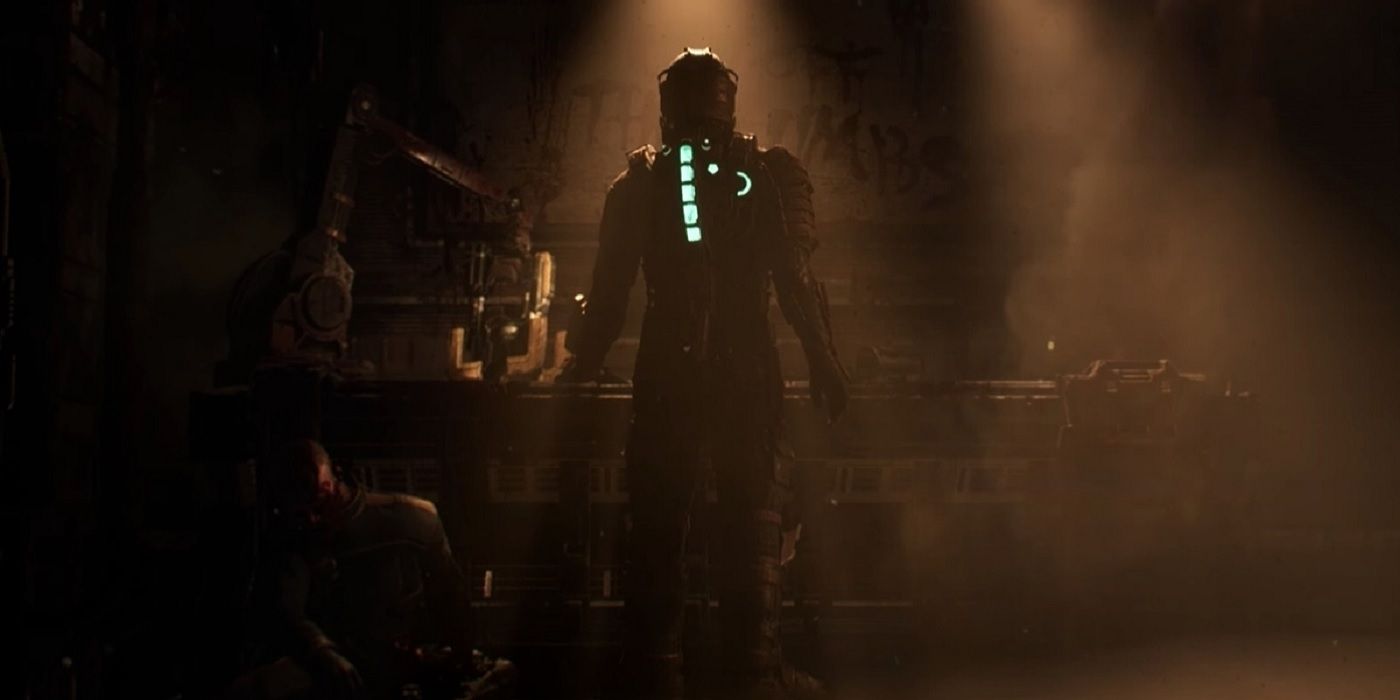Just as survival horror games seemed to be losing their stride during the 360/PS3 generation, focusing too heavily on action over tension, Dead Space came along and shocked the masses. Its commitment to building atmosphere, dread, and terror throughout the claustrophic hallways aboard the Ishimura were an unforgettable experience. It was such a success that EA shipped two more sequels in the coming years, both of which received critical acclaim.
Fans have been clamoring for a new release in the franchise for years, and while it may not be the fourth installment initially hoped for, a remake of the original Dead Space is the next best thing. The first game was cutting edge for the time, with excellent sound design and graphics that still hold up today. With the new version being exclusively developed for next gen consoles, it will be able to tap into the raw power of the PS5 and Xbox Series X to help enhance what was already a great game. The PS5 in particular has a number of features that work perfectly here, and can help boost the horror theme.
RELATED: Dead Space Remake Event Happening This Week
The DualSense Controller

Firstly, the DualSense controller is great for the PlayStation brand, featuring a bunch of new bells and whistles to separate it from its DualShock predecessors. The adaptive triggers can help to simulate the pressure necessary to operate the heavy duty weaponary in the Dead Space franchise, or the tension felt when trying to fight off a Necromorph clinging onto Isaac. Furthermore, the haptic feedback is far beyond past rumble sensations in past controllers, adding a whole new level of immersion. The controller can vibrate ever so slighly to simulate a Necromorph crawling in the floor below, or shake uncontrollably duing a tense action scene. For an added tough, the light bar around the DualSense can be used to simulate Isaac's health meter.
3D Audio

Having impressive graphics is only one half of the equation when crafting a great horror experience, as pitch-perfect sound design is just as crucial. Good horror is all about building anticipation in those quiet moments so that once things get loud, it completely catches the player off guard. A great recent example of this is the baby sequence in Resident Evil Village, masterfully utilizing silence to heighten a scare one it happened.
Silence doesn't always translate to no noise, as there needs to be a haunting ambience audible to the player, something which the advanced 3D audio capabilities of the PS5 can deliver. The 3D audio creates a circle around the player, with such accurate detail that players can know exactly which direction a noise came from. In this case, the slightlest crash off-screen of objects falling over would be enough to cause agita while slowling moving through the dark corridors of the Ishimura space station.
SSD Loading Times

It may not be the first thing to come to mind, but the fast load times of the PS5's SSD architecture are a huge positive for not just Dead Space, but all games going forward. Ratchet and Clank: Rift Apart incorporated this aspect of the console directly into a gameplay mechanic, with portals instantly transporting Ratchet across entire levels, with almost no loading. In order to build suspense in the new Dead Space remake, there needs to be a constant buildup of dread and discomfort, with few obvious breaks to the pacing.
In the original game, loading times were necessary to render the big environments in between different sections of exploring the Ishimura. These were masked by elevators or giant doors slowly unlocking. While these were clever workarounds for the time, they were obviously buying time for the game to catch up and load in the new assets and area. The PS5 load times can help remedy this, possibly making the entirety of the Ishimura fully explorable with no load times, ensuring the thick atmosphere constantly lingers over gamers, as well as the constant sense of danger lurking around every corner.
Dead Space is in development for PC, PS5, and Xbox Series X/S.
MORE: What We Know About The Dead Space Remake (And What We Want)

